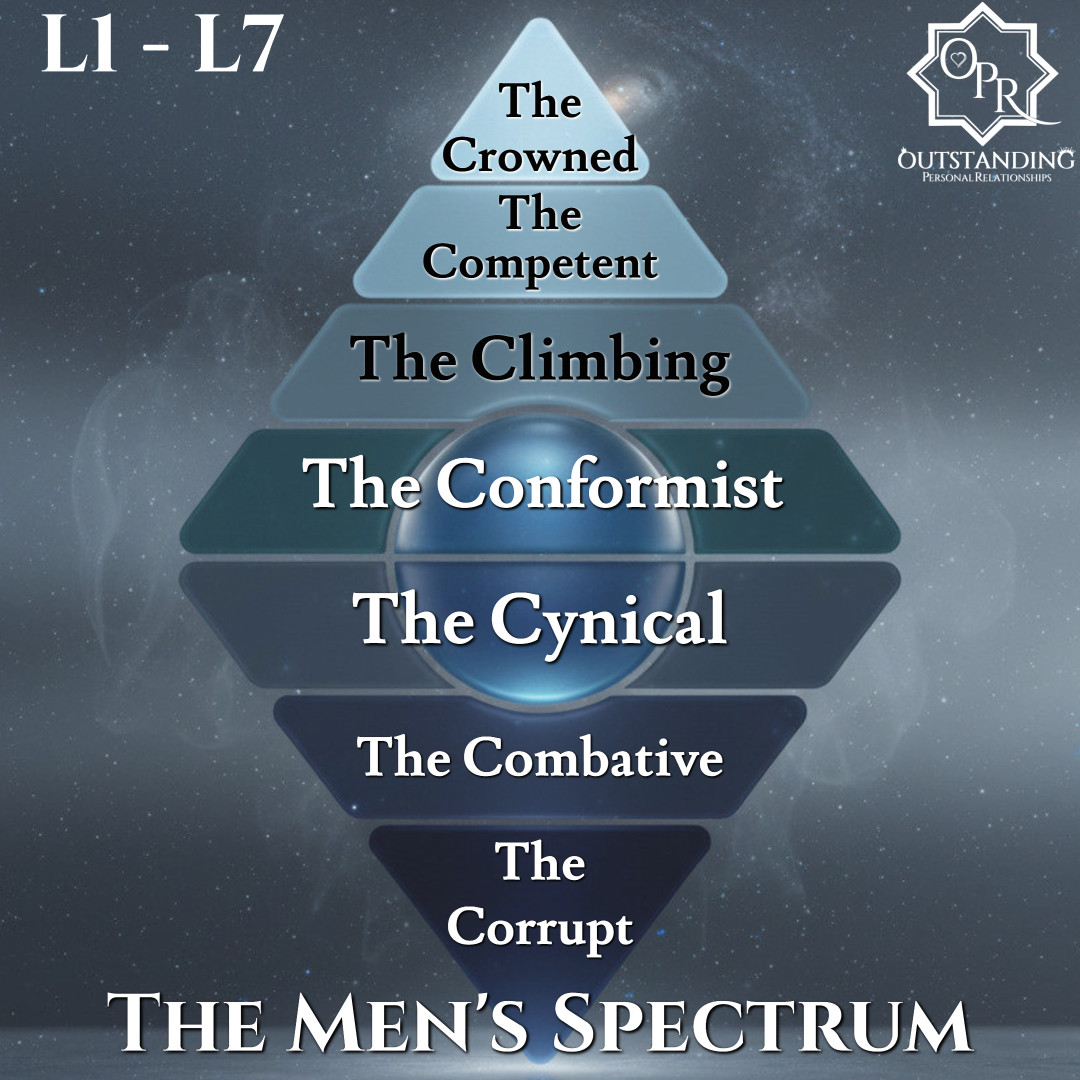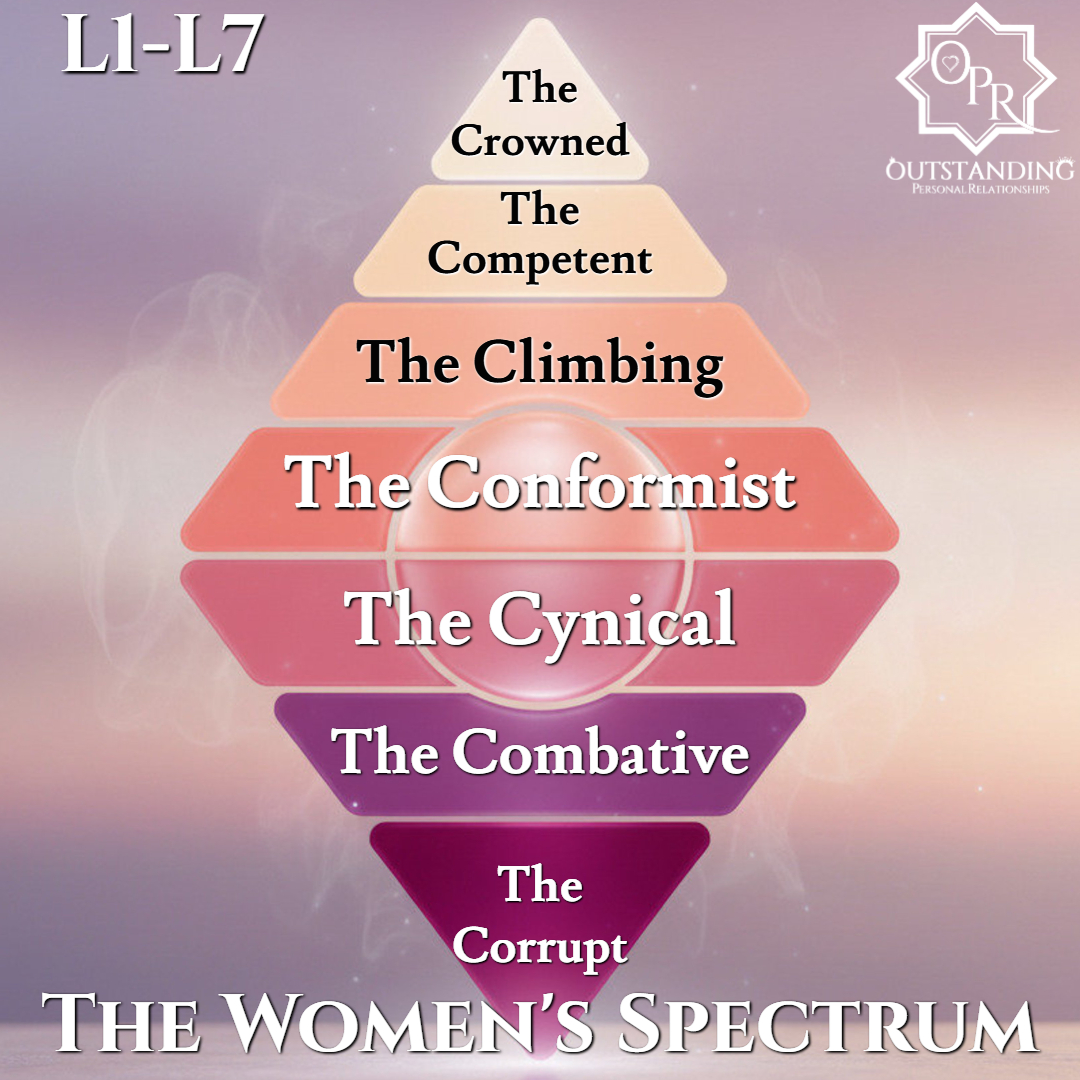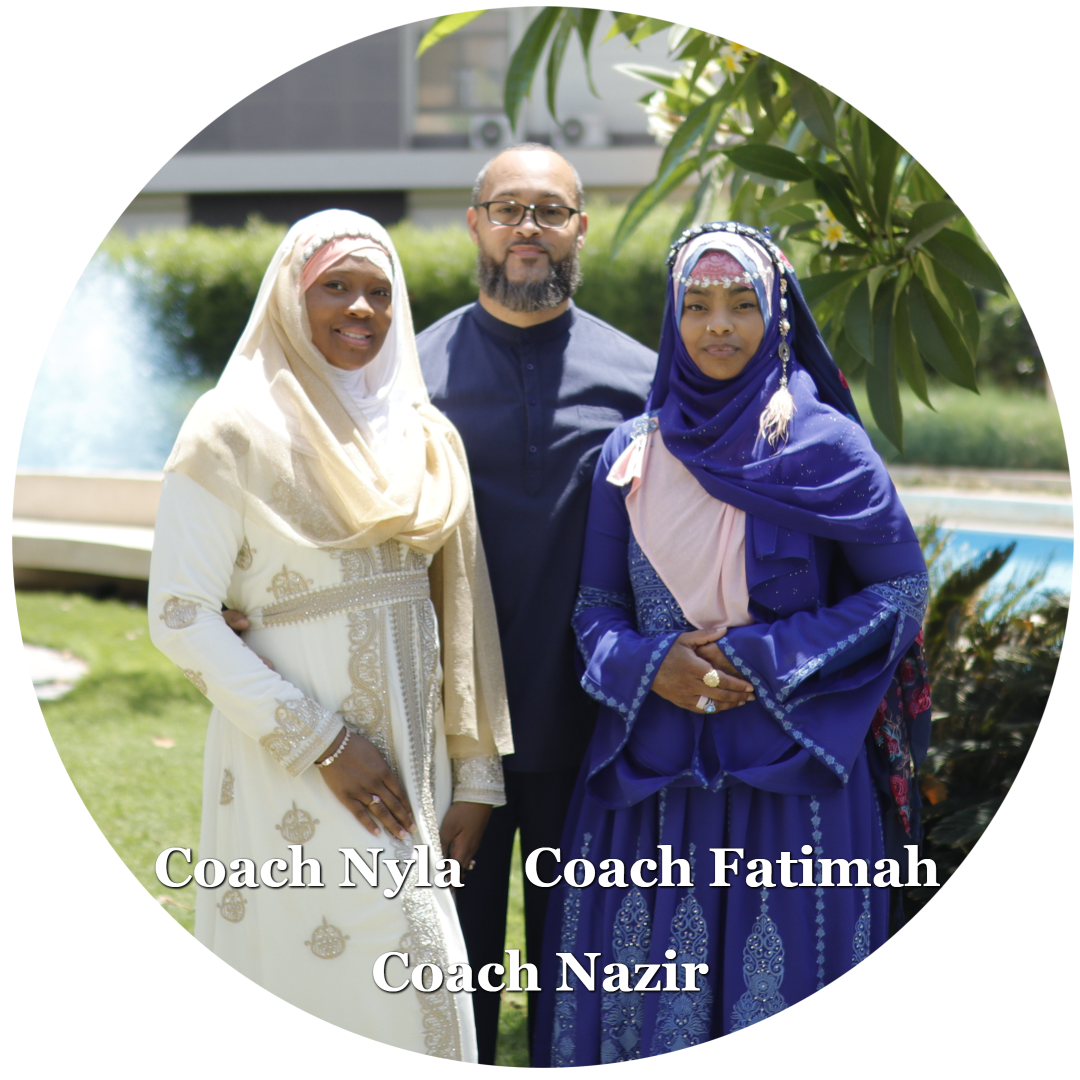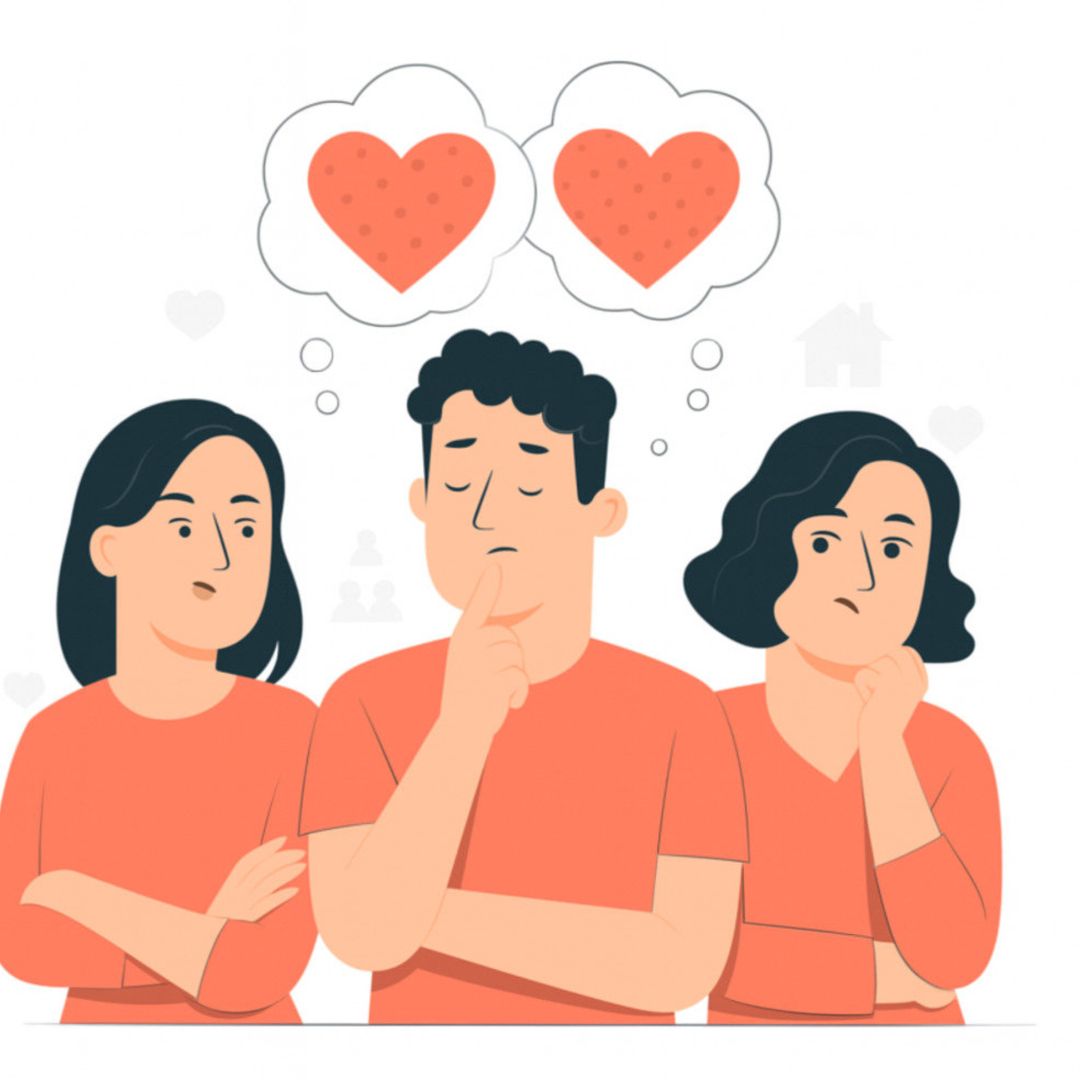Why Polygamy Fails: The Truth Men & Women Avoid Until Their Homes Collapse

Michael never imagined polygamy would bring him to his knees.
He used to picture strength, structure, the ability to lead two families with wisdom and clarity.
What he never pictured was standing alone in the driveway at 1:17 am, leaning against his car, staring at the dark sky while both homes he was responsible for were drowning in tears he caused but did not know how to heal.
At his first home, Khadijah was crying in the living room after putting their three children to bed.
At his second home, Zaynab was crying in the bedroom, struggling with guilt because she felt like she had disrupted a family.
And Michael felt the kind of heartbreak that crushes a man’s breath.
He whispered to himself:
“What have I done?”
His mother said he was reckless.
His father said he was ungrateful.
Khadijah’s mother accused him of destroying her daughter’s peace.
Zaynab’s mother said she should have chosen someone single.
Michael was not a bad man.
He was not irresponsible.
He was not careless.
He was simply untrained.
He entered polygyny with ego he did not realize he carried and wounds he did not know were still controlling him.
And this is why so many men and women fail in polygamy today.
His Illusion of Readiness
Men often confuse desire with qualification.
Michael believed wanting polygyny meant he was ready for it.
He prayed on it.
He researched it.
He planned financially.
He believed his sincerity was enough.
But sincerity without emotional discipline is a disaster waiting to happen.
Michael thought he was operating at a high level of leadership.
But the truth was painful.
He was functioning more like an L3 man, reactive, afraid, and easily destabilized.
When Khadijah cried, he panicked.
When Zaynab questioned him, he defended himself.
When the children sensed tension, he shut down emotionally.
Every time emotions rose, he bent.
Every time tests came, he cracked.
Every time pressure increased, his frame collapsed.
He was not weak.
He was untrained.
And polygamy exposes untrained men faster than anything else in life.

Aisha’s Story: The Wound Polygamy Did Not Create
Aisha grew up promising herself she would never depend on anyone emotionally.
Her father left when she was nine.
Her mother raised her and her siblings alone.
She learned to survive without leaning on anyone.
But that unresolved abandonment never left.
It simply waited.
So when her husband, Omar, brought up polygyny, Aisha told him:
“I trust you. If you choose this, I will accept it.”
She meant it, but she did not understand her own heart.
The day Omar married Nyree, polygamy did not create insecurity.
It revealed the insecurity she had been carrying for twenty years.
If he texted late, she assumed he no longer valued her.
If he spent an extra hour at Hana’s home, she felt invisible.
If he made a decision without her input, she felt unsafe.
Aisha was not jealous.
She was unhealed.
Omar did not know how to handle her reactions.
He started over reassuring.
He started over explaining.
He started over compensating.
All of this destroyed his frame.
And the more he tried to regulate her emotions, the more emotionally dependent she became.
She was not dramatic.
She was not unstable.
She was not weak.
She was wounded.
Polygyny did not create her wound.
It exposed it.

Naser, Safiya, and Tabitha... Good people, yet unprepared.
Naser and Samira had a peaceful marriage built on kindness, calmness, and mutual respect.
When Naser married again, he chose a woman named Tabitha.
Tabitha was gentle, thoughtful, and sincere.
Samira respected her.
There was no hostility or sabotage.
Just three people trying to make something noble work.
But they made one fatal mistake.
They believed good intentions replace structure.
Naser thought his calm personality was enough.
Samira believed patience was enough.
Tabitha believed sincerity was enough.
But without leadership routines
Without emotional boundaries
Without tone regulation
Without standards
Their peaceful beginning turned into silent chaos.
Samira started withdrawing.
Tabitha started overthinking.
Naser started avoiding uncomfortable conversations.
Not because they did not care about each other.
They were unstructured.
And unstructured polygamy always collapses.
The Turning Point: When They Finally Saw Themselves Clearly
What saved each student's family was not time, luck, or emotion.
It was clarity through FRAME and the L1-7 Spectrum Levels.
Michael finally admitted during coaching:
“I thought I was leading my family. I did not realize fear was leading me.”
Aisha realized during her assessment:
“I am reacting to things that happened long before my husband. Not because of him.”
Naser, Samira, and Tabitha sat together reviewing their FRAME scores and recognized:
“Our home is not broken. We are operating below the level healthy polygyny requires.”
FRAME gave them something emotions cannot give.
A mirror that tells the truth.
Not based on feelings.
Not based on ego.
Not based on culture.
Based on identity patterns.
Based on emotional regulation.
Based on leadership behavior.
The truth is straightforward:
Nobody is a 10 in every letter of FRAME.
Most people are nowhere near it.
But some they believe they are, and that belief destroys families.
When Michael understood his level, he rebuilt his leadership.
When Aisha understood her internal wounds, she began healing instead of collapsing.
When Naser, Samira, and Tabitha learned structure, their home stabilized.
Not because life suddenly became easy.
Because they finally became responsible for their level.
The Real Reason Polygamy Fails
The root cause is not jealousy.
It is not finances.
It is not favoritism.
It is not intimacy.
It is not religious rulings.
These are symptoms.
The real reason polygamy fails is this:
People enter polygyny operating at a far lower level than they believe they are.
Polygyny does not break people.
Polygyny exposes people.
It reveals ego.
It reveals trauma.
It reveals inconsistency.
It reveals emotional immaturity.
It reveals leadership gaps.
Polygyny forces a mirror into your hands, and many people do not like what they see.
The Men Who Rise
The men who succeed are not perfect.
They are not the wealthiest.
They are not the most charismatic.
They are the men who confront themselves without excuses.
They regulate their emotions.
They discipline their tone.
They stabilize their routines.
They become predictable leaders.
They rise from L4 reactive to L6 competent and from L6 competent to L7 crowned.
Through inner mastery, not dominance.
The Women Who Rise
The women who thrive are not emotionless.
They are not blindly agreeable.
They are not robotic.
They are the women who choose maturity.
They regulate their storms.
They face their fears.
They take accountability.
They stabilize their emotional identity.
They rise from L3 reactive to L6 stable and from L6 stable to crowned queen.
Through responsibility, not control.
The Invitation: Learn Before You Lead
If you want peaceful, structured, emotionally mature polygyny, you must learn before you lead.
You must understand FRAME.
You must understand the Spectrum.
You must understand your own identity.
You must understand the psychology behind polygyny.
This is why we coach, write books, and develop programs.
To protect homes.
To stabilize families.
To prevent the emotional damage so many men and women experience.
Michael could have prevented years of chaos.
Aisha could have avoided months of pain.
Naser, Samira, and Tabitha could have saved themselves unnecessary confusion.
You do not have to repeat their stories.
You can learn the system.
You can rise in your levels.
You can develop frame, clarity, consistency, and leadership.
You can build a peaceful, structured polygynous family.
All you have to do is begin.
Your Next Best Step
If you are serious about polygyny
If you want to lead or live in it with clarity, strength, and emotional maturity
If you want to stop guessing and start building
Start with the books that will transform your path:
Your family deserves stability.
Your leadership deserves structure.
Your legacy deserves wisdom.
Begin your polygamy assessment call here:
Be Outstanding!
Your Favorite Relationship Coaches,


